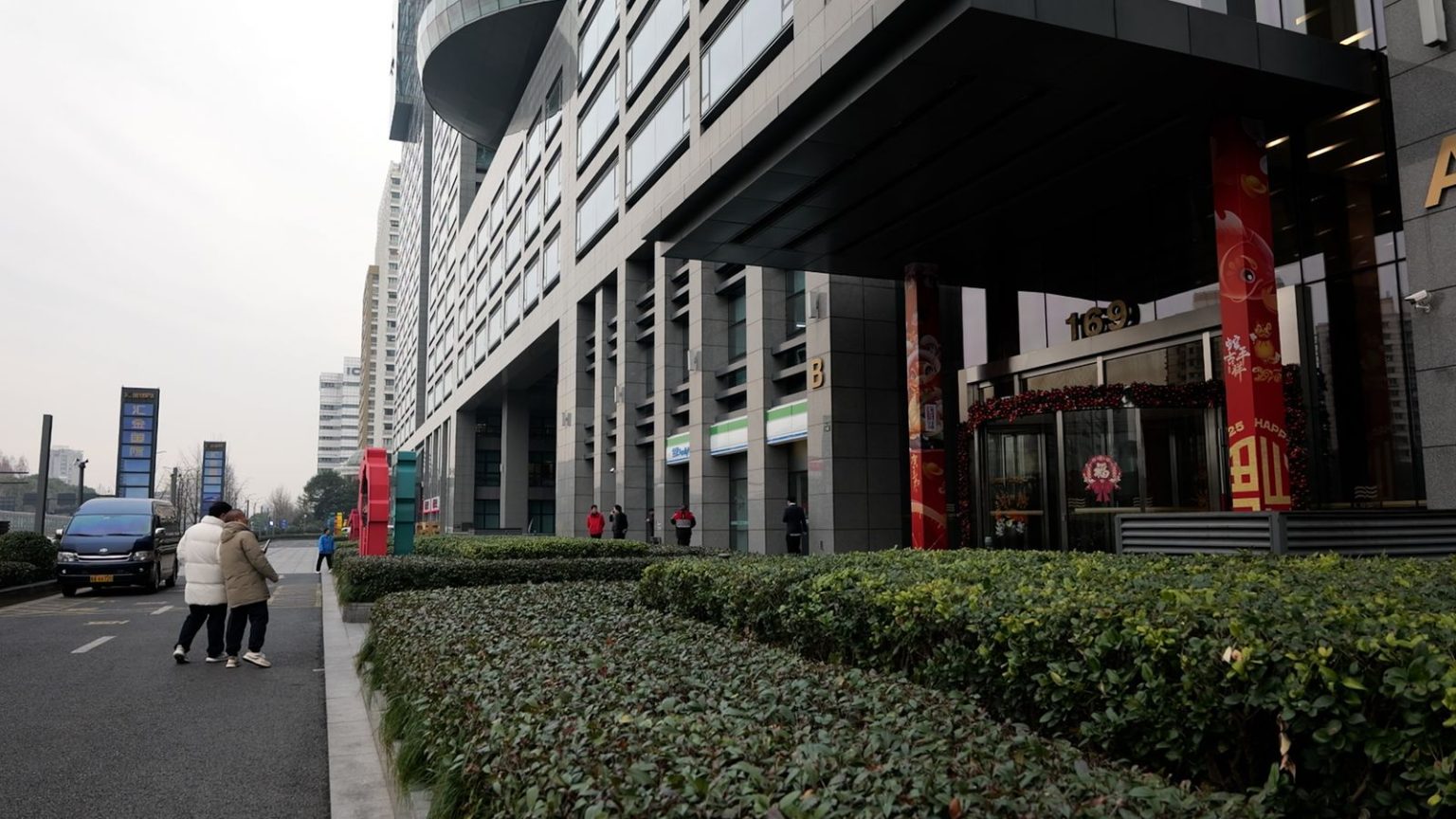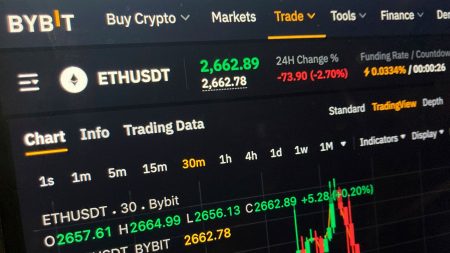Hangzhou: China’s Silicon Valley and the Rise of DeepSeek
Nestudd in southern China, the city of Hangzhou has emerged as one of the country’s most dynamic technology hubs. Often likened to Silicon Valley, Hangzhou is a bustling center of innovation, home to groundbreaking companies like DeepSeek, a trailblazing artificial intelligence (AI) firm. Located on the twelfth floor of a sleek, modern office building, DeepSeek’s headquarters has become a focal point of curiosity and excitement. Over the past two weeks, the lobby of the building has been flooded with people eager to catch a glimpse of the elusive founder, Liang Wenfeng. Among the visitors are Chinese vloggers, tech job seekers, journalists, and members of the public, all drawn to the company’s sudden rise to prominence. However, DeepSeek seems to be maintaining a low profile, with security guard Mr. Ma noting that Liang Wenfeng has not been seen in the office for the past few days.
The buzz surrounding DeepSeek is understandable. The company recently stunned the world by launching its latest AI model, achieved with a budget of less than $6 million and without relying on the most advanced semiconductor chips. This breakthrough challenges the long-held perception that China lags significantly behind in the AI race. DeepSeek’s success has not only brought pride to the Chinese people but has also raised uncertainty about the future of global AI competition. With China’s government actively promoting innovation under its "new productive forces" policy, DeepSeek represents the kind of cutting-edge enterprise the country is keen to support.
DeepSeek’s Groundbreaking Achievement and its implications
The unveiling of DeepSeek’s AI model has sent shockwaves through the tech world. By developing a sophisticated AI system at a relatively low cost and without the use of top-tier semiconductor chips, DeepSeek has demonstrated China’s growing capabilities in the field. This achievement is particularly significant given the global semiconductor shortage and the U.S. export restrictions on advanced chips to China. While the details of DeepSeek’s technology remain shrouded in mystery, the company’s claim has already upended assumptions about China’s position in the AI race.
Liang Wenfeng, the mastermind behind DeepSeek, has been absent from the public eye since the company’s headlines began making waves. His low profile has only added to the intrigue surrounding the company. On January 20, the day DeepSeek launched its AI app, Liang met with Chinese Premier Li Qiang, a meeting that highlights the government’s interest in the company’s work. DeepSeek’s model aligns perfectly with China’s push for innovative enterprises under its "new productive forces" initiative, which aims to drive economic growth through technological advancements.
Meanwhile, Chinese Vice Premier Zhang Guoqing attended the Paris AI summit, where he emphasized China’s willingness to collaborate with other nations to ensure the secure and shared progress of AI technologies. Zhang’s message of global cooperation contrasts with the heightened competition in the AI sector, particularly between China and the U.S.
Hangzhou: A City of Innovation and Tech Ambition
Hangzhou is not just home to DeepSeek; it is also a hub for numerous high-tech companies, many of which are part of the city’s "six little dragons"—a group of innovative firms that have made significant strides in their respective fields. One such company is Deep Robotics, which specializes in developing robot dogs and has become the first Chinese company to deploy its robotic canines overseas for industrial use. Vera Huang, the brand manager at Deep Robotics, attributes the city’s success to its emphasis on nurturing technological talent and its excellent educational institutions, such as Zhejiang University.
The Chinese government plays a crucial role in fostering this ecosystem. Many of the country’s tech startups receive substantial support from local governments, often in the form of subsidies. However, DeepSeek stands out as an exception, as it is funded by Liang Wenfeng’s hedge fund company, High Flyer. This unique funding model has allowed DeepSeek to operate with a degree of independence, enabling it to focus on innovation without the pressures of external subsidies.
The U.S.-China AI Rivalry Heats Up
The rapid progress of Chinese AI companies like DeepSeek has not gone unnoticed in the West. The U.S., in particular, has expressed growing concern over China’s advancements in the field. In an effort to curb China’s progress, the U.S. has imposed strict export controls on advanced semiconductor chips, which are critical for developing high-performance AI systems. However, DeepSeek’s claim of building its AI model with legacy chips suggests that China may have found a way to bypass these restrictions.
The implications of DeepSeek’s achievement are profound. If the company’s claims are true, it would signify a major shift in the global AI landscape, with China closing the gap with the U.S. and other leaders in the field. This has set off alarm bells in Washington, with former U.S. President Donald Trump describing DeepSeek’s development as a "wake















